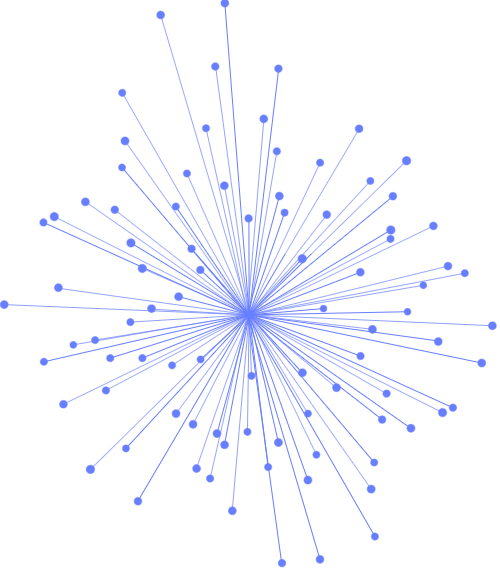
"Our tailored course provided a well rounded introduction and also covered some intermediate level topics that we needed to know. Clive gave us some best practice ideas and tips to take away. Fast paced but the instructor never lost any of the delegates"
Brian Leek, Data Analyst, May 2022








Module 1: Introduction to Concurrency in Kotlin
1.1 Styles of Concurrency
1.2 Overview of Common Use-Cases
Module 2: Understanding Coroutines
2.1 Understanding How Suspension Works
2.2 Coroutines Under the Hood
2.3 Starting Coroutines: Builders and Scope Functions
2.4 Structured Concurrency
Module 3: Coroutine Context and Dispatchers
3.1 CoroutineContext
3.2 Dispatchers
3.3 Understanding Job
3.4 Cancellation
3.5 Exception Handling
3.6 Constructing Coroutine Scope
Module 4: Advanced Coroutine Concepts
4.1 Testing Kotlin Coroutines
4.2 Channels
4.3 Actors
4.4 Select Expression
Module 5: Working with Flows
5.1 Understanding Flow
5.2 Flow Lifecycle
5.3 Flow Processing
5.4 StateFlow and SharedFlow
Module 6: Best Practices
6.1 Concurrency Best Practices
6.2 Coroutines in Real-world Applications
6.3 Code Maintainability


"Our tailored course provided a well rounded introduction and also covered some intermediate level topics that we needed to know. Clive gave us some best practice ideas and tips to take away. Fast paced but the instructor never lost any of the delegates"
Brian Leek, Data Analyst, May 2022
“JBI did a great job of customizing their syllabus to suit our business needs and also bringing our team up to speed on the current best practices. Our teams varied widely in terms of experience and the Instructor handled this particularly well - very impressive”
Brian F, Team Lead, RBS, Data Analysis Course, 20 April 2022

Sign up for the JBI Training newsletter to receive technology tips directly from our instructors - Analytics, AI, ML, DevOps, Web, Backend and Security.
By the end of this course, participants will have a deep understanding of Kotlin's concurrency tools, enabling them to write efficient, safe, and maintainable asynchronous code. They will be equipped with practical skills to implement coroutines and flows in various application scenarios, following industry best practices.
Join this advanced 3-day workshop designed for experienced developers, focused on mastering asynchronous programming in Kotlin using coroutines. You'll explore Kotlin's built-in coroutine support, delve into the powerful kotlinx.coroutines library, and learn how to write efficient, scalable, and maintainable concurrent code.
Topics include coroutine builders, structured concurrency, dispatchers, cancellation, channels, flows, and best practices to optimize your Kotlin projects for concurrency.
CONTACT
+44 (0)20 8446 7555
Copyright © 2025 JBI Training. All Rights Reserved.
JB International Training Ltd - Company Registration Number: 08458005
Registered Address: Wohl Enterprise Hub, 2B Redbourne Avenue, London, N3 2BS
Modern Slavery Statement & Corporate Policies | Terms & Conditions | Contact Us
POPULAR
AI training courses CoPilot training course
Threat modelling training course Python for data analysts training course
Power BI training course Machine Learning training course
Spring Boot Microservices training course Terraform training course